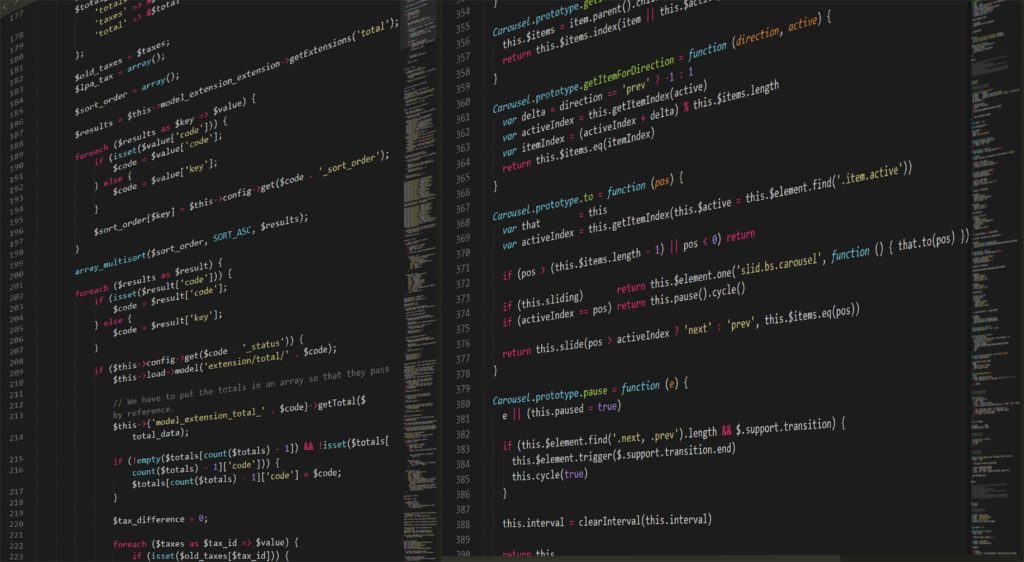 By Torsten Kolind, YouNoodle CEO
By Torsten Kolind, YouNoodle CEO
There has been much debate over America’s ‘tech shortage.’ The Economic Policy Institute did a lot to debunk this ‘myth’ earlier this year, when it reported clear and consistent trends that the U.S. has an excess of STEM graduates/workers available in its workforce. So, why are startup founders and investors alike so adamant about improving our ability to attract foreign startup talent?
For a startup to succeed, two types of startup talent are needed: founders and early employees. For founders, the main challenge is that they are wearing all the hats in the company to start off with, and then gradually need to hand those over. For early employees, the challenge is that they need to be exceptional at their core skillset, but also versatile enough to thrive in the chaotic early stages of a startup.
In both cases, startup talent does not equal academic talent. Sure, good degrees from top-tier universities help, as high barriers of entry have been surmounted and investors are comforted by such achievements. But other factors matter in successful startups: passion, perspective, creativity, leadership, and management, to name a few. And technical or creative skills outweigh business skills for most startups, as the latter is easier to pick up along the way.
Very few startups succeed without passionate founders as well as early employees. In fact, the former is often a given, whereas the latter is often overlooked. The first 20 employees are the ones going out of their way to make the startup happen, and if they aren’t passionate about what the startup is doing, they will rarely put in the extra mile.
Startups operate under significant constraints, compared to most other workplaces. Their future is uncertain by definition, their founders are rarely the best people managers, they rarely have enough money to pay competitively, and they won’t give you much vacation either; basically, a horrible job to get unless you are passionate about their vision, willing to invest in your future by foregoing income today, and unfazed by the uncertainty of your employment. Startup life is not for everyone, its talent not measured in STEM degrees, and its borders not constrained to any one city or country.
Staggeringly, over half of all Silicon Valley startups were founded by foreign-born entrepreneurs, according to a 2009 study by the Kauffman Foundation. These startups have created millions of American jobs, and account for a substantial part of U.S. economic growth over the years.
Other countries are actively luring foreign talent away from America. Startup Chile is a program attracting hundreds of startup founders from everywhere in the world (including America) every year, and many of those pick Chile because they are not allowed to found their companies in the U.S. I strongly believe that if we let the right founders and early employees in to the country, we will not only see additional startup talent available, but a net addition of jobs created for U.S. workers.
The solution is simple: Create a startup visa category, one for founders, and one for early employees. Require that founders do not take jobs other than their own, that they incorporate a company that generates capital or revenue, and that over time they create jobs in America. Require that early employees are paid fairly and only work for the company they have a visa for, but ignore the current requirements around academic background, application timeline, and company history requirements in place for H-1B work visas.
Startup talent can be seen as a perfect storm—the right time, place, connections, outlook, experience, and passion. Unfortunately, the perfect storm does not always have an American passport. If America wants to continue its lead, we need to give our founders and investors the necessary tools to act swiftly when startup talent presents, and today’s ill-advised immigration regime is the most significant barrier in place today.
# # #
Torsten Kolind, YouNoodle CEO: Former CEO of Venture Cup in Denmark, Torsten has built web products since he started his first company at age 16. Has judged competitions at Stanford, MIT and Imperial. Loves algorithmic challenges and is an avid musician.










